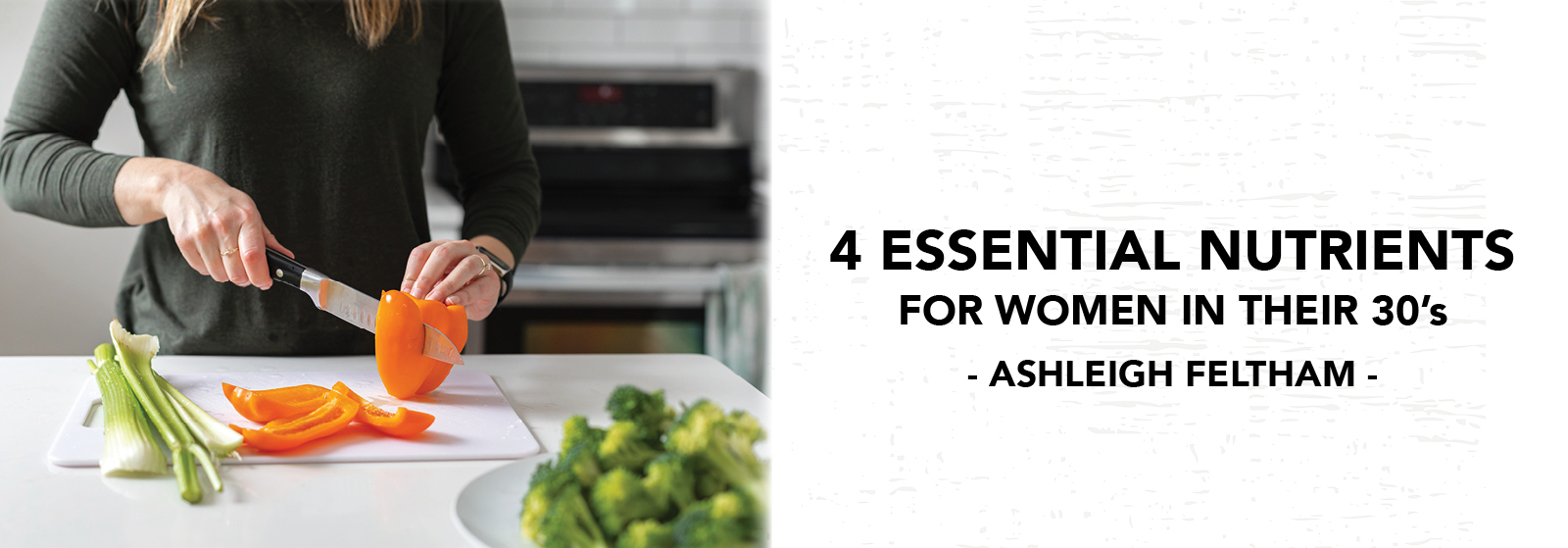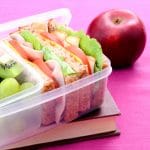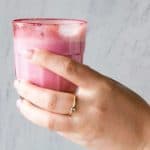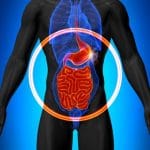When you hit your thirties the act of multitasking can be at its peak. You could be juggling your time being a parent, work, family life, friends, and other commitments. With all these parts of your life as a constant juggle, your health may be the last thing on your mind.
It may feel like looking after your health is not a priority, making sure that your health and fitness is optimal is essential to maintain your quality of life. Having good health also reduces your risk of developing chronic diseases. Depending on your choices this can be a time where your health can thrive or when diseases like high blood pressure and type two diabetes begin to present themselves.
One of the important lifestyle choices which impacts your health is your diet. It is important to know that there is no one key nutrient which is the secret to optimal health and wellbeing and there is no substitute to a well-balanced diet. Saying this, four key nutrients which are important within the balance for optimal health in your thirties are protein, iron, folate, and calcium.
Protein
From the age of thirty your muscle mass deceases three to eight percent per decade (Volpi E, et al, 2004). The rate is determined by your lifestyle choices such as exercising enough to stimulate the muscle and including exercises like resistance training.
It is also essential to include enough protein in your day to keep your muscles able to build and repair themselves. Aiming for 1.2-1.8g of protein per kilogram of body weight if you are more sedentary to up to around 2.4g of protein per kilogram of body weight is recommended for a very active thirty-year-old (website).
By structuring your meal to include around one quarter of your plate being lean meat (or alternative) / dairy (or alternative), this can help give your muscles the protein it needs. If you are time poor, including a whey protein shake can be a good way to add a complete protein source to help you meet your protein needs.
Calcium
Your bones are at their peak bone mass by around thirty years of age (website). Your bones are an active tissue and require nutrition to stay strong. You need 2.5 serves of dairy or dairy equivalents (e.g. soy yoghurt, 100g almonds, ½ cup of salmon with bones) each day which more than half of women are not reaching (health.gov). This can be 40g of cheddar cheese, ½ cup ricotta or cottage cheese, 200g yoghurt, 250 mL cows’ milk or fortified soy or plant-based milk. Other non-dairy forms of calcium include 100g tofu, 100g canned pink salmon with bones.
Folate/Folic Acid
The B vitamin known as folate or vitamin B9 is important during childbearing years. You need 400mg of folate to prevent your child from developing neural tube defects (Van Gool JD et al, 2018). Folate is important to make and repair DNA and may lower your susceptibility to heart disease (Verhoef P et al, 1998). Folate can be found in green leafy vegetables, nuts, beans, peas, fruit, wholegrains, and fortified cereal products.
Iron
Iron deficiency is common in women of reproductive age. (Cook RL et al, 2017). If your iron is low, you will feel lethargic, and your immune system can become compromised. You need 18mg of iron each day at the age of thirty. Iron is a mineral that is needed for many important functions. This includes to transport oxygen around your body.
To help meet your iron needs aim to include an animal source of iron called haem iron. This can be found in lean meat like chicken, turkey and red meat, and seafood. For health, note that no more than 350g of red meat per week is recommended to reduce your risk of cancers like colorectal cancer (website).
Seafood is a great choice for many reasons. One of these reasons being that seafood does not have the saturated fat percentage of meat. Two to three serves of seafood a week with 100g of cooked weight being one serve is recommended for health (Liu C et al, 2021).
If you are following a plant-based diet, try to pair your non-haem or non-animal source of iron with vitamin C to improve absorption. Also, try not to drink a cup of coffee or black tea with your meal as the polyphenol inhibit absorption. If you do eat meat or seafood by including a haem iron source with a non-haem iron source the non-haem iron will be better absorbed in your body.
Take home message: By looking after your health, you can make your thirties the years where your health thrives. Ensuring you have a balanced diet with all the essential nutrients it needs will help you to be able to give more to every aspect of your life.







